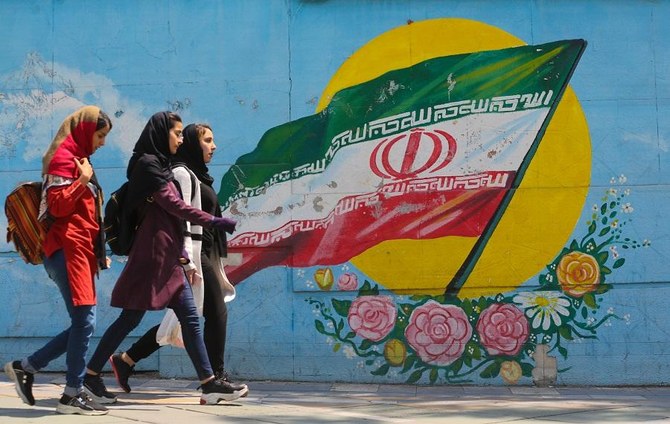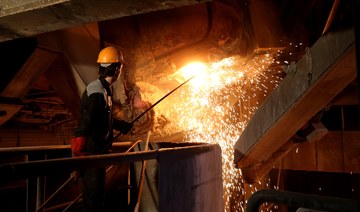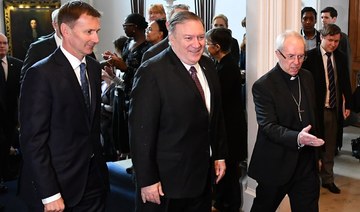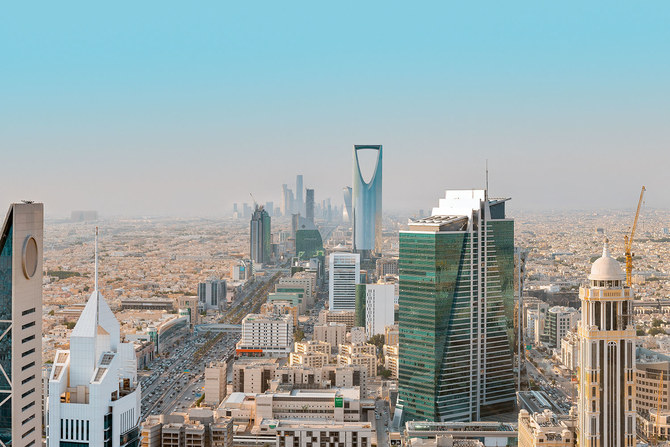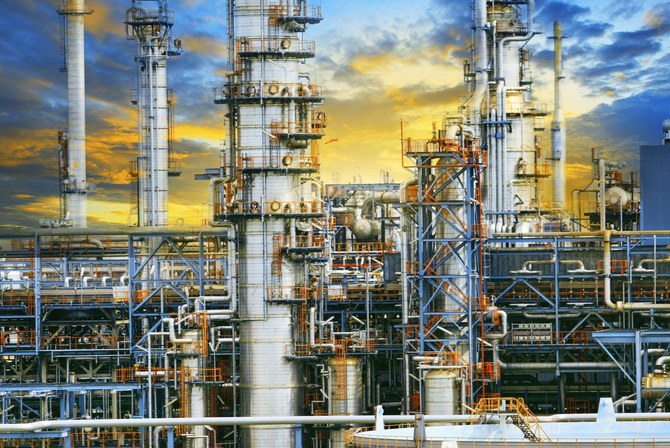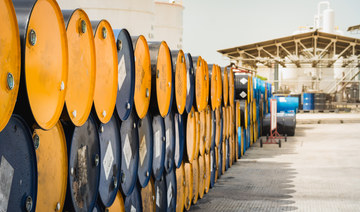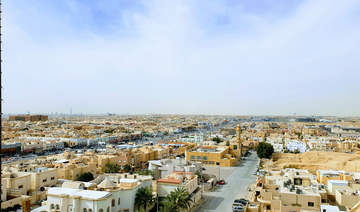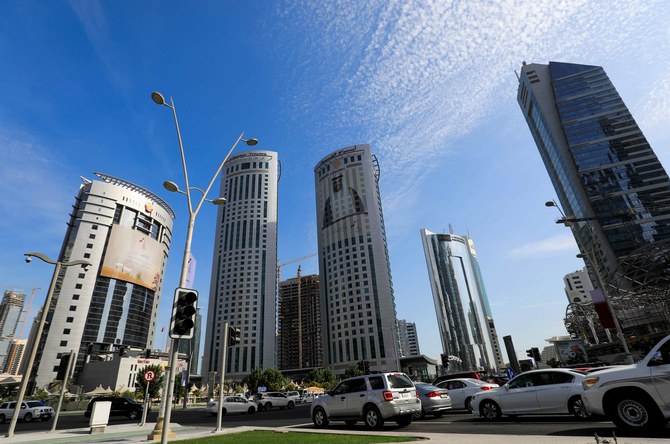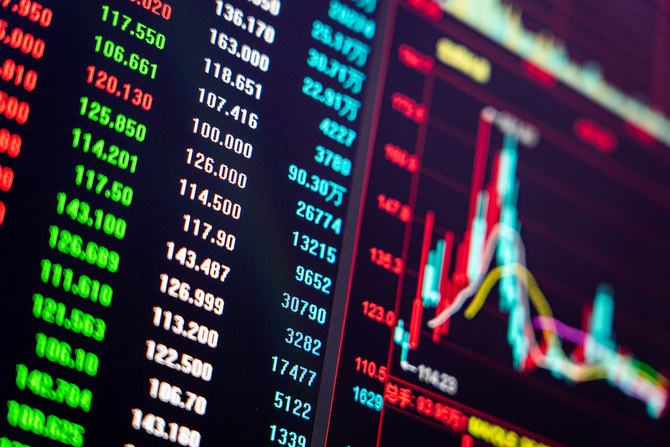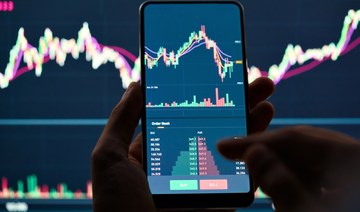LONDON: The Iran nuclear deal requires that its partners take action to boost the country’s economy, but European companies remain fearful of exposing themselves to US sanctions, experts told AFP.
Iran’s Supreme National Security Council on Wednesday sent a letter to the deal’s other signatories, saying it had decided to suspend commitments it made under the deal, some immediately and some after 60 days, if no progress was made on its economy.
Leaders of China, France, Germany, Britain and Russia all received a letter, but it is of particular relevance to the European countries who have so far proved unable to deliver the promised economic advantages.
European powers said they still backed the nuclear deal with Iran, but rejected any “ultimatums” from Tehran to keep it alive.
“We reject any ultimatums and we will assess Iran’s compliance on the basis of Iran’s performance regarding its nuclear-related commitments” under a 2015 deal, the EU’s foreign policy chief Federica Mogherini and the foreign ministers of Britain, France and Germany said in a statement.
In their statement, the Europeans underlined “our own firm commitments under the agreement including as regards sanctions-lifting for the benefit of the Iranian people” but criticized the US sanctions.
“In this regard, we regret the re-imposition of sanctions by the United States following their withdrawal from the JCPoA,” — Joint Comprehensive Plan of Action — as the nuclear deal is known.
“We call on countries not party to the JCPoA to refrain from taking any actions that impede the remaining parties’ ability to fully perform their commitments.”
The European powers added that they were “determined to continue pursuing efforts to enable the continuation of legitimate trade with Iran” in an effort to keep the imperilled pact afloat.
But it said that Iran must at the same time “implement its commitments under the JCPoA in full as it has done until now and to refrain from any escalatory steps.”
The main reason is the reluctance of private companies on the continent to do business in Iran.
They fear the “so-called US secondary sanctions,” lawyer Anahita Thoms told AFP, referring to US penalties that apply to any non-US organization that engages in certain parts of the Iranian economy.
They also face “practical challenges, such as finding a bank, a transporting company or an insurer,” added the German-based expert in sanctions law.
The banking issue is particularly sensitive, with major European lenders wary of running into problems with US authorities.
In April alone, Italian bank UniCredit and British lender Standard Chartered were each fined more than $1 billion for violating US sanctions against Iran and other countries.
The situation has become more difficult since last year, when the US ramped up measures against Iran’s oil industry and key sectors including shipping and aviation, coupled with a blockage in processing financial transactions.
“The Iranian financial system has been subject to secondary sanctions since November 2018, which apply to all banking institutions, not just American ones, even if the transactions are in euros or other currencies,” said Olivier Dorgans, a sanctions lawyer at Hughes Hubbard & Reed.
“These secondary sanctions make it impossible for European institutions to trade, even if they have no banking links with the United States,” added the French-based lawyer.
The so-called Instex’s trading system was set up by Paris, Berlin and London at the end of January to facilitate transactions between Iran and the EU in products not covered by the secondary sanctions, matching Iranian oil and gas exports with EU goods.
But Instex does not have a banking license and must therefore rely on banks to channel the funds — a service European banks are wary of providing.
“It seems very unlikely that the EU will be able to do anything concrete at this stage which would give sufficient comfort to encourage more European businesses to engage in Iran,” warned Michael Lyons, a London-based lawyer at Clifford Chance.
“Particularly now in circumstances where there is a prospect of the deal falling apart altogether and the sanctions environment tightening,” he added.
French army minister Florence Parly did not rule out the possibility of the EU imposing sanctions against Iran, while in London, foreign minister Jeremy Hunt spoke of “consequences” if Tehran ceased to respect its nuclear commitments.



